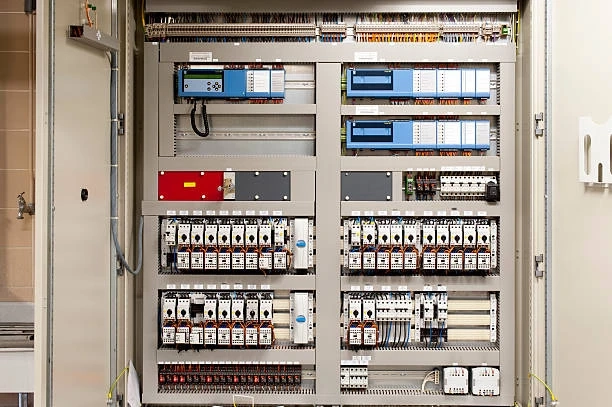HVAC stands for heating, ventilation, and air conditioning. It is a system used to control the temperature, humidity, and air quality within a building or enclosed space. HVAC systems can be used in residential, commercial, and industrial settings, and can include a variety of components such as ducts, air filters, thermostats, and refrigerant. The primary function of an HVAC system is to provide thermal comfort and maintain indoor air quality. It also helps to remove or add moisture and heat to the air, depending on the season.
HVAC system selection
HVAC system selection is the process of choosing the appropriate HVAC equipment and design for a specific building or space. The selection process takes into account several factors such as the building's size, layout, usage, climate, and energy efficiency requirements.
There are several types of HVAC systems available, each with its own set of advantages and disadvantages. The most common types of systems include:
Forced-air systems: use a furnace or heat pump to heat the air and distribute it through ductwork.
Boiler systems: use a boiler to heat water and distribute the heat through radiators or radiant floor systems.
Split systems: consist of an outdoor unit and an indoor unit. The outdoor unit contains the compressor, while the indoor unit contains the evaporator.
Packaged systems: contain all the components of an HVAC system in one unit, typically installed on the roof or outside the building.
Geothermal systems: use the constant temperature of the earth as a heat source and heat sink.
When selecting an HVAC system, it is important to consult with a professional HVAC contractor to determine the best option for the specific building and its needs. They will take in account the loads, the zone in which it is located, the building structure, the type of insulation and many other factors.
It is also important to consider the cost and energy efficiency of the different systems, as well as the availability of local rebates or incentives.
HVAC system requirements
The requirements for an HVAC system will vary depending on the specific building or space it is being installed in. However, some general requirements that an HVAC system should meet include:
Adequate heating and cooling capacity: The HVAC system should be able to provide enough heating and cooling to keep the building at a comfortable temperature, taking into account the size of the space, the climate, and the number of occupants.
Energy efficiency: The HVAC system should be designed and installed to be as energy efficient as possible, in order to reduce operating costs and minimize the building's environmental impact.
Proper ventilation: The HVAC system should be designed to provide adequate ventilation in order to maintain indoor air quality


